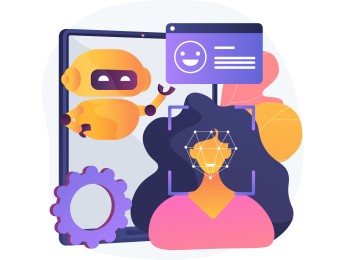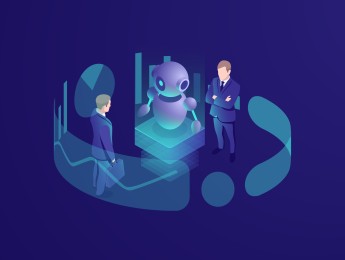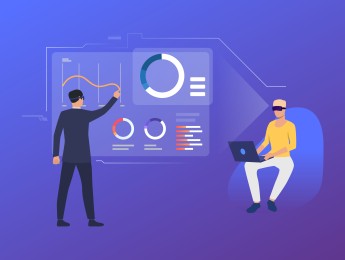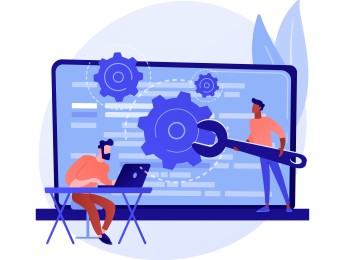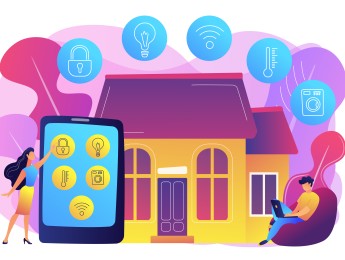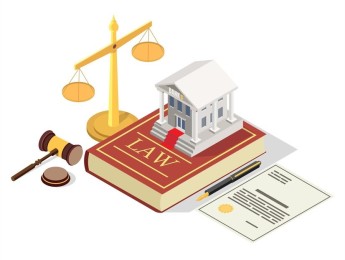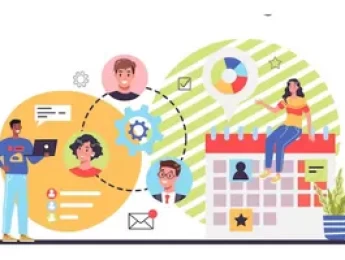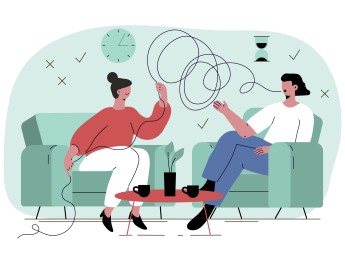The fusion of artificial intelligence and creative arts is redefining what it means to create, imagine, and inspire. From algorithm-generated music and AI-assisted design to digital paintings and immersive installations, AI is becoming both a tool and a collaborator in artistic expression. This course explores how AI is transforming the creative process across disciplines including visual arts, music, literature, fashion, and interactive media.
Participants will discover the tools, techniques, and ethical conversations behind AI-generated content. Through interactive exercises and real-world case studies, this course empowers artists, designers, and creatives to use AI as a partner in innovation—whether to accelerate workflows, explore new forms of storytelling, or co-create with intelligent systems.
By the end of this course, participants will be able to:
- Understand how AI technologies are reshaping artistic disciplines.
- Explore the main tools and platforms used in AI-generated art and design.
- Collaborate with AI to create visual, musical, and narrative works.
- Analyze the impact of AI on authorship, originality, and creative identity.
- Apply ethical frameworks to responsible use of AI in the arts.
- Experiment with hybrid creative workflows involving both human and machine input.
- Build future-facing artistic practices that embrace technological change.
This course is ideal for:
- Visual artists, designers, musicians, and multimedia creators.
- Creative technologists and interactive media professionals.
- Art students, educators, and researchers.
- Cultural institution curators and digital art producers.
- Innovators working in fashion, film, architecture, or literature.
- Anyone interested in the future of art and creativity with AI.
This course is highly experiential and hands-on, combining conceptual exploration with AI tool experimentation. Participants will analyze creative AI case studies, explore design tools, co-create projects with generative models, and reflect on the evolving nature of creativity. Learning is supported through group discussion, visual examples, and guided project work.
Day 5 of each course is reserved for a Q&A session, which may occur off-site. For 10-day courses, this also applies to day 10
Section 1: Introduction to AI in the Creative Arts
- What is creative AI? Definitions and applications.
- From traditional to computational art: a historical overview.
- Key technologies: neural networks, GANs, transformers, diffusion models.
- The role of AI as a tool, collaborator, and generator.
- How creatives are using AI across industries.
- Case study: AI-generated fashion, poetry, and visual design.
Section 2: Tools and Platforms for Generative Creativity
- Overview of AI tools for artists (DALL·E, Runway, Midjourney, Stable Diffusion).
- Music and audio generation (AIVA, Amper Music, Google Magenta).
- Text-based creation (ChatGPT, Sudowrite, Jasper).
- Interactive and immersive tools (Unity + AI, AI in AR/VR).
- How to prompt and guide AI for desired outcomes.
- Demo and hands-on: generating visuals and music with AI.
Section 3: Human-AI Collaboration in Creative Workflows
- Designing creative processes with AI as co-creator.
- AI-assisted ideation, sketching, and editing.
- Combining traditional methods with digital augmentation.
- Creative coding and generative art programming (p5.js, Processing).
- Project planning: AI’s role from concept to execution.
- Examples of collaborative art exhibitions and AI performances.
Section 4: Authorship, Ownership, and Ethical Considerations
- Who owns AI-generated art? Legal and copyright perspectives.
- The ethics of style mimicry and cultural appropriation.
- Transparency in AI-assisted creative work.
- Balancing originality, automation, and human intention.
- Risks of bias and exclusion in generative models.
- Frameworks for ethical use and responsible storytelling.
Section 5: Future Trends and Building a Creative AI Practice
- Emerging trends: AI in fashion, film, theatre, and literature.
- The rise of no-code tools for artists.
- Collaborative communities and open-source creative AI.
- Career opportunities and digital monetization in AI-generated art.
- Building a personal or professional AI-augmented creative portfolio.
- Final project: conceptualize and present an AI-powered creative piece.
Upon successful completion of this training course, delegates will be awarded a Holistique Training Certificate of Completion. For those who attend and complete the online training course, a Holistique Training e-Certificate will be provided.
Holistique Training Certificates are accredited by the British Accreditation Council (BAC) and The CPD Certification Service (CPD), and are certified under ISO 9001, ISO 21001, and ISO 29993 standards.
CPD credits for this course are granted by our Certificates and will be reflected on the Holistique Training Certificate of Completion. In accordance with the standards of The CPD Certification Service, one CPD credit is awarded per hour of course attendance. A maximum of 50 CPD credits can be claimed for any single course we currently offer.
- Course Code PI2-114
- Course Format Classroom, Online,
- Duration 5 days



